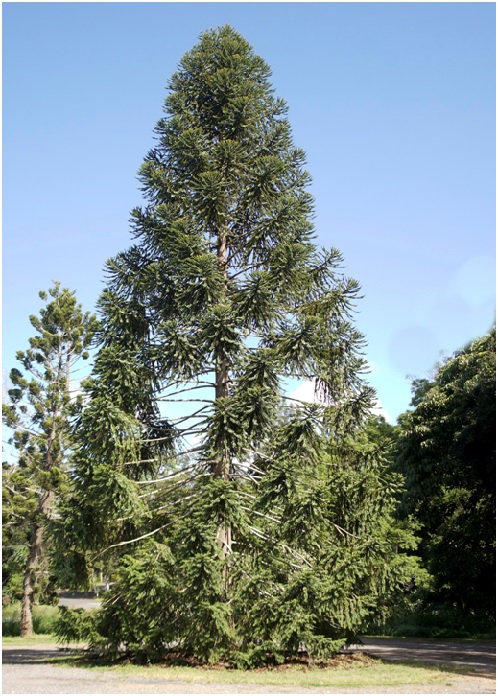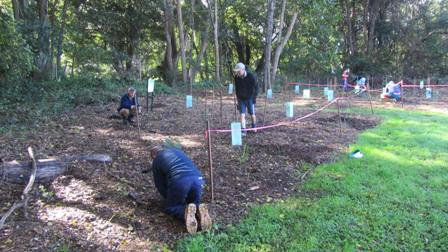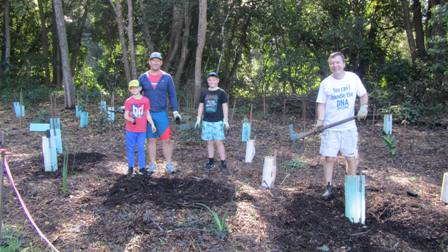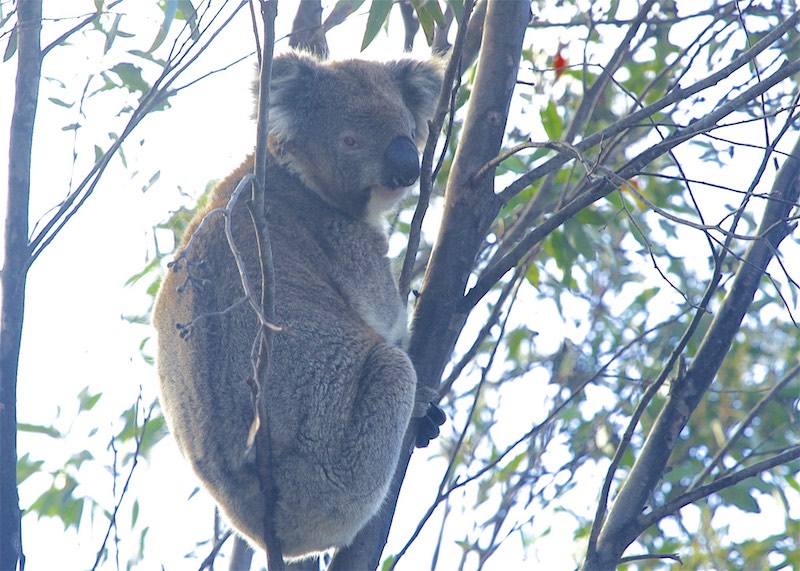Do you have a WOW bird photo? Time is running out to submit entries into the 2019 Birdlife Australia Photography Awards.
For details, ideas and information about what makes a superb bird photo, head to the Birdlife Australia website.
Entries close Sunday 4 August.


 Hoop Pine at Brookfield,
Hoop Pine at Brookfield,



